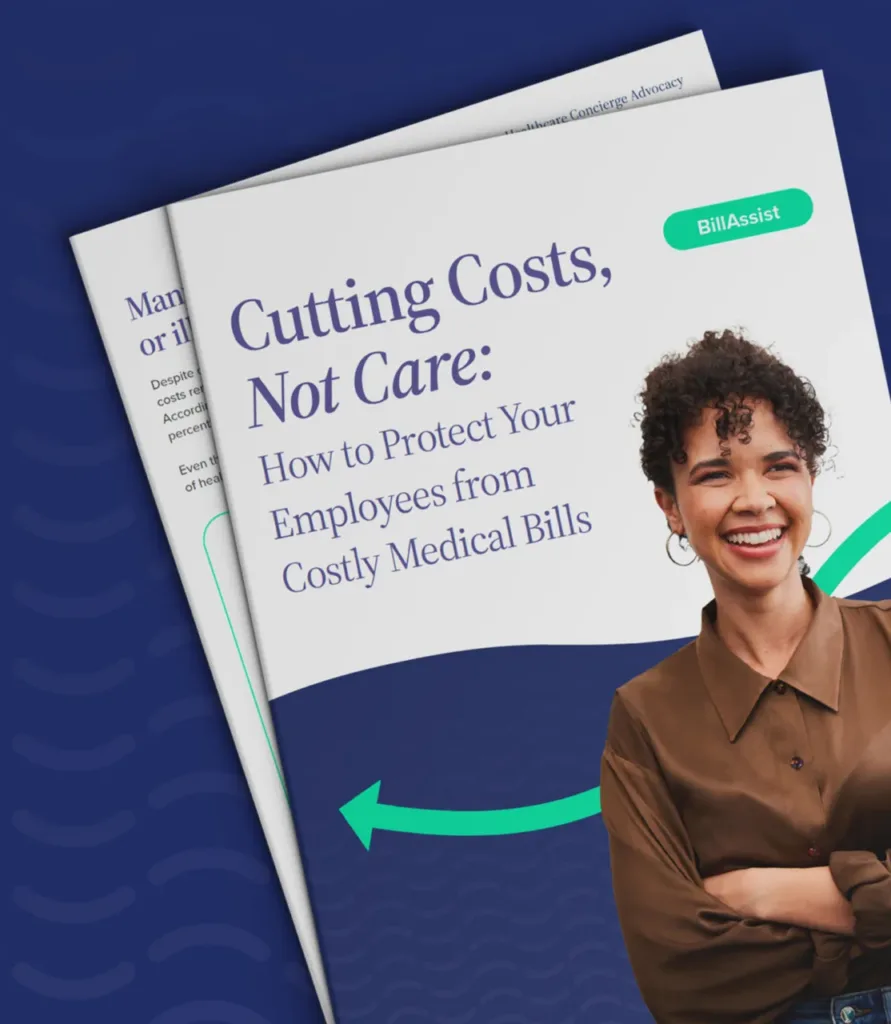A recent CBS MoneyWatch article on tactics for reducing consumer debt quoted Nick McLaughlin, a strategic advisor at Emry who also used to work in debt collection, in the section on medical debt.
“A percentage of medical bills contain errors, so before a bill is sent to collections, it’s important to look it over carefully and make sure it matches the care you received,” he told CBS. “If your employer offers care navigation, checking a bill for errors may be part of the services that are included.”
Nick McLaughlin, Strategic Advisor at Emry
Here’s the full interview CBS conducted with Nick for the article:
CBS: If an individual is facing debt collection efforts, what are their options typically in terms of resolving the debt, and what are some of the pros and cons of these options?
Nick: The first resource to look into is your hospital or health system’s financial assistance program. All nonprofit hospitals and most for profit hospitals have these income-based discount programs to provide debt relief to patients — sometimes eliminating the entirety of the debt. Goodroot recently publisheda survey showing that the majority of Americans are unaware of hospital financial assistance programs and many who do know about them assume they aren’t eligible. The income thresholds for these programs are higher than you might think. A family of four with a household income of $120,000 would qualify for a discount in most areas. The challenge with financial assistance is that the application process and documentation requirements can be complex and burdensome.
A percentage of medical bills contain errors, so before a bill is sent to collections, it’s important to look it over carefully and make sure it matches the care you received. If your employer offers care navigation, checking a bill for errors may be part of the services that are included.
If you find the bill is accurate and you don’t qualify for financial assistance, you can often set up a more affordable payment plan or negotiate a bill reduction of 10-20% off.
CBS: If trying to reach a debt settlement with debt collectors, what is the lowest amount they would typically settle for? Is there a rule of thumb in terms of a percentage of the total debt that they’d settle for?
Nick: There’s no set rule for the lowest amount debt collectors will settle for. It can vary widely based on factors like the amount of debt, the age of the debt, and the financial situation of the debtor. Debt collectors may settle for significantly less than the total debt owed, sometimes as low as 25-50% of the original amount. However, this varies and depends on negotiation skills and circumstances.
CBS: Do you have any tips on how to get the best debt settlement when dealing with debt collectors?
Nick: You are more likely to be successful negotiating a settlement if you can offer a lump-sum payment, as this can often result in a larger discount. Debt collectors may be more willing to settle for less if they receive a guaranteed payment. It’s also helpful to keep records of all communication with debt collectors, including offers, counteroffers, and agreements. This documentation can be valuable if there are disputes in the future. It’s better to have a professional on your side to assist you rather than go it alone. If your employer offers benefit navigation services as part of your health benefits, there is a chance they may be able to assist with this as well.



